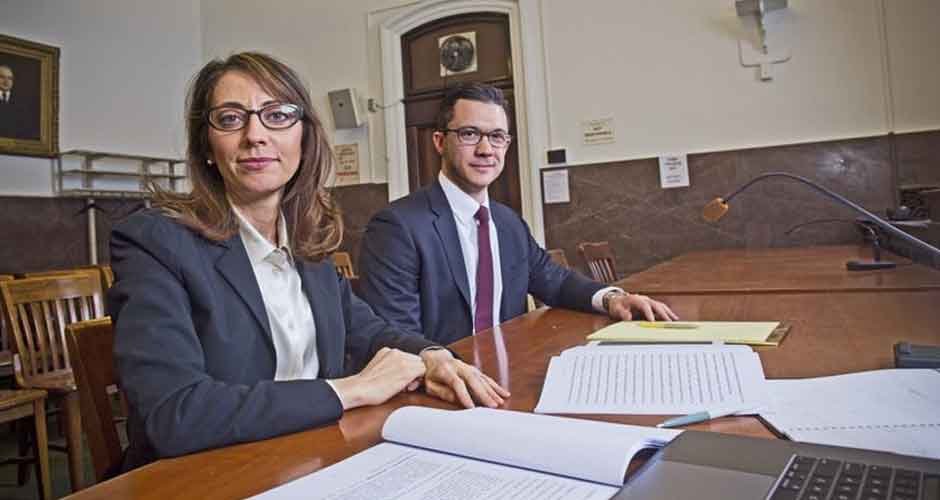When a probation officer visits your home, there are several things you can expect as part of their routine check or inspection. The specific procedures and expectations may vary depending on your location, the terms of your probation, and the probation officer’s discretion. However, here are some common aspects you can anticipate:
Purpose of the Visit
- Compliance Check: The primary purpose of a probation officer’s home visit is to ensure that you are complying with the conditions of your probation. This includes following any court-ordered rules, such as refraining from criminal activity, attending counseling or treatment programs, or maintaining good behavior.
- Safety Assessment: Probation officers may also assess your living situation to ensure that it is a safe and stable environment, especially if you have specific conditions related to housing or family matters.
- Verification of Information: The officer may verify the information you provided during your probation intake process, such as your address, employment status, and other personal details.
Expectations During the Visit
- Advance Notice: In most cases, you will receive prior notice of a home visit. This notice will inform you of the date and time when the probation officer will arrive.
- Identification: The probation officer will identify themselves and show their official identification. It’s essential to verify their credentials before allowing them into your home.
- Inspection of Premises: The officer will inspect your living conditions, looking for any signs of non-compliance or any potential safety issues. This may include checking for illegal substances, weapons, or other prohibited items.
- Questioning: You may be asked questions about your activities, employment, interactions, or any recent incidents. It’s crucial to answer these questions honestly.
- Document Review: The officer may review any documents or records related to your probation conditions, such as attendance records for treatment programs, proof of employment, or receipts for fines or restitution payments.
- Observation of Behavior: The officer will observe your behavior, demeanor, and interactions during the visit. They may assess your overall compliance and cooperation.
- Communication: The officer may use this visit as an opportunity to discuss your progress, challenges, or any concerns related to your probation.
Important Tips
- Be Prepared: Ensure that you have all required documentation and proof of compliance readily available. This includes proof of employment, receipts for payments, and any necessary records.
- Cooperate: It’s essential to cooperate with the probation officer during the visit. Answer questions truthfully and provide any requested information.
- Maintain a Safe and Clean Environment: Keep your home in good order and free from illegal or prohibited items to avoid potential violations.
- Ask Questions: If you have any concerns or questions, do not hesitate to ask the probation officer. They can provide guidance or clarification on your probation terms.
- Follow Up: After the visit, if there are any concerns or issues raised by the probation officer, be proactive in addressing them to avoid potential violations.
Remember that probation officer visits are a part of the monitoring process to ensure that individuals on probation are adhering to their court-ordered conditions and making progress toward rehabilitation and reintegration into society. Cooperation and compliance are key to a successful probation period.






